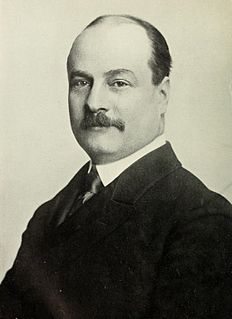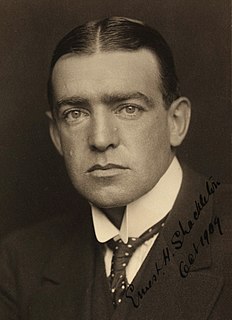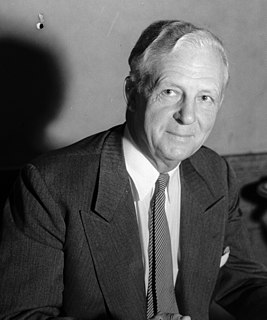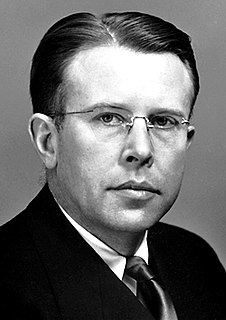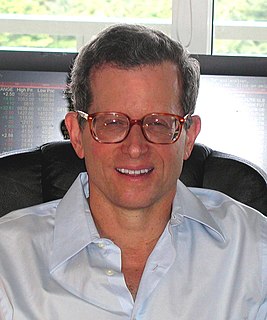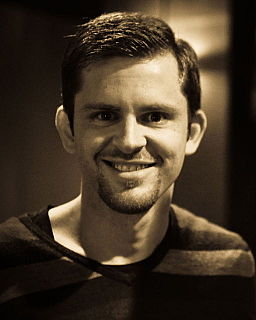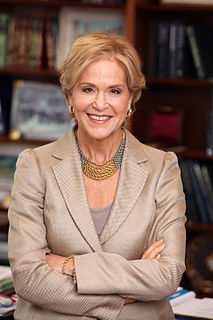A Quote by Nicholas M. Butler
Optimism is essential to achievement and it is also the foundation of courage and true progress.
Quote Topics
Related Quotes
I wouldn't say that religion has promoted the social progress of mankind. I say that it has been a detriment to the progress of civilization, and I would also say this: that the emancipation of the mind from religious superstition is as essential to the progress of civilization as is emancipation from physical slavery.
I am mindful that scientific achievement is rooted in the past, is cultivated to full stature by many contemporaries and flourishes only in favorable environment. No individual is alone responsible for a single stepping stone along the path of progress, and where the path is smooth progress is most rapid. In my own work this has been particularly true.
This, then, is the foundation of sanctification in Reformed theology. It is rooted, not in humanity and their achievement of holiness or sanctification, but in what God has done in Christ, and for us in union with him. Rather than view Christians first and foremost in the microcosmic context of their own progress, the Reformed doctrine first of all sets them in the macrocosm of God's activity in redemptive history. It is seeing oneself in this context that enables the individual Christian to grow in true holiness.
My education was dominated by modernist thinkers and artists who taught me that the supreme imperative was courage to face the awful truth, to scorn the soft-minded optimism of religious and secular romantics as well as the corrupt optimism of governments, advertisers, and mechanistic or manipulative revolutionaries.
There is a connection, hard to explain logically but easy to feel, between achievement in public life and progress in the arts. The age of Pericles was also the age of Phidias. The age of Lorenzo de Medici was also the age of Leonardo da Vinci. The age of Elizabeth was also the age of Shakespeare. And the New Frontier for which I campaign in public life, can also be a New Frontier for American art.
There are really two kinds of optimism. There's the complacent, Pollyanna optimism that says "don't worry - everything will be just fine" and that allows one to just lay back and do nothing about the problems around you. Then there's what we call dynamic optimism. That's an optimism based on action.
